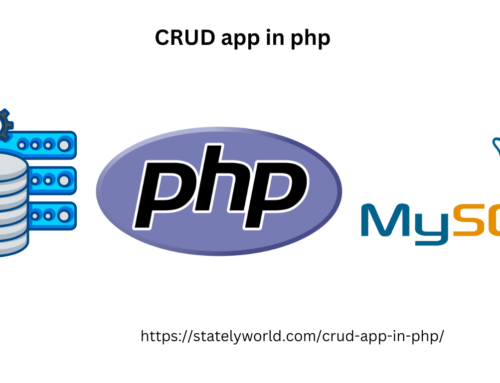
A key benefit of using functions is that they are reusable; if you have a task that needs to be performed a number of times, a function is an ideal solution. They can be either defined by you or by PHP (PHP has a rich collection of built-in functions). This article will focus on programmer-defined functions but will touch briefly on PHP’s functions to complete the picture.
<?php
$variable1 = 0;
function function1(){
//$variable1 = 10;
global $variable1;
return $variable1;
}
function function2(){
//$variable1 = 10;
global $variable1;
return $variable1;
}
function add2Numbers($num1, $num2) {
$result = $num1 + $num2;
return $result;
}
echo function1();
echo function2();
echo add2Numbers(10,20);
/*PHP The static Keyword*/
function myTest() {
static $x = 0;
echo $x;
$x++;
}
myTest();
myTest();
myTest();
?>














